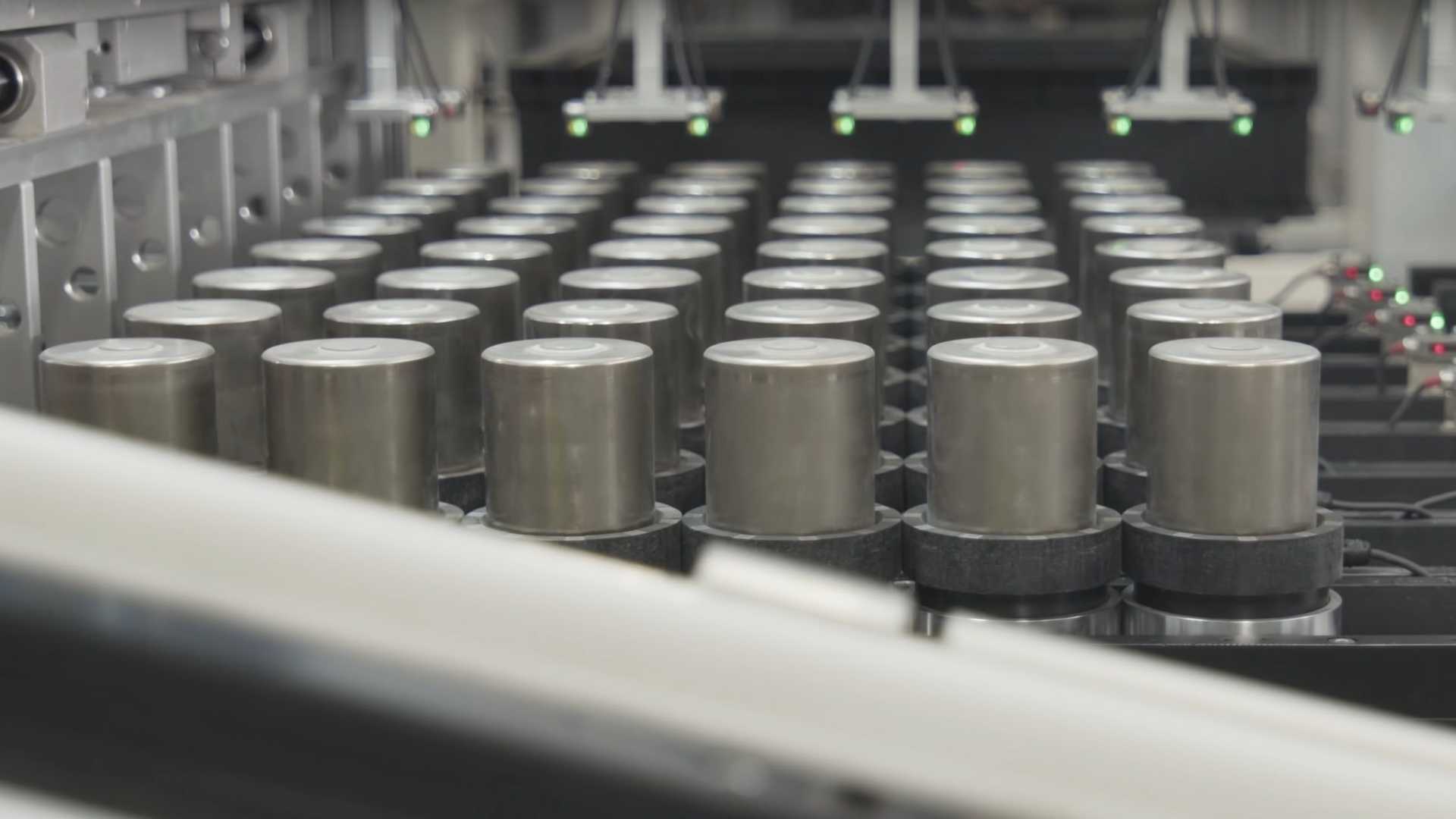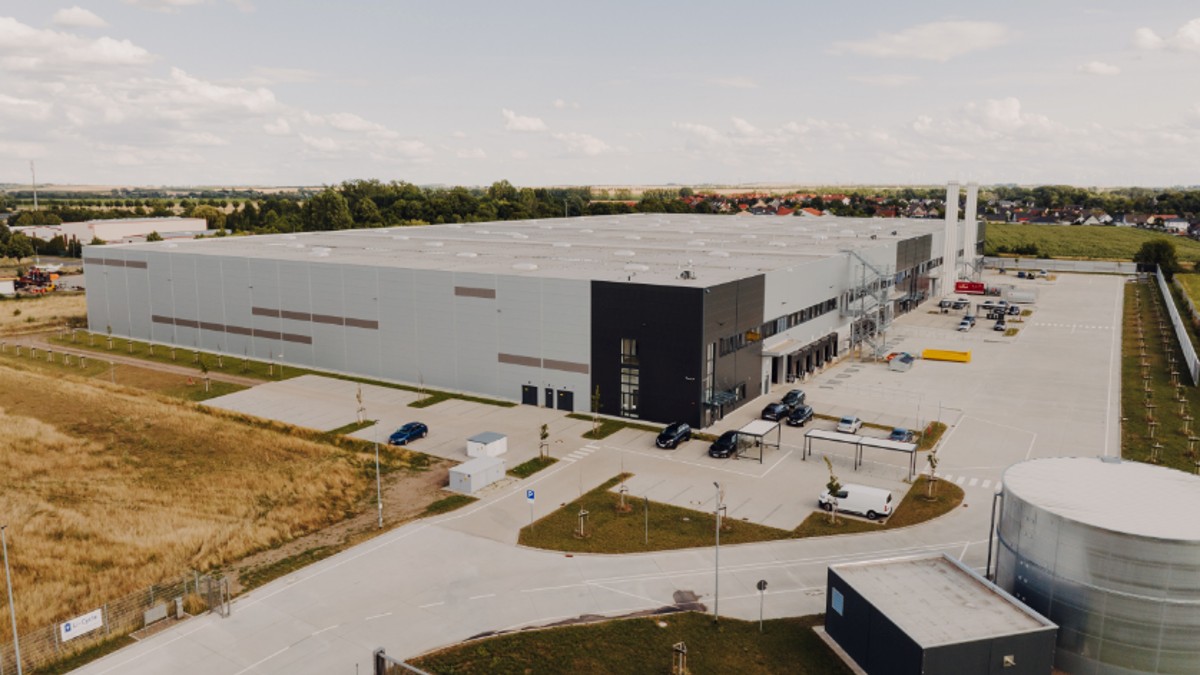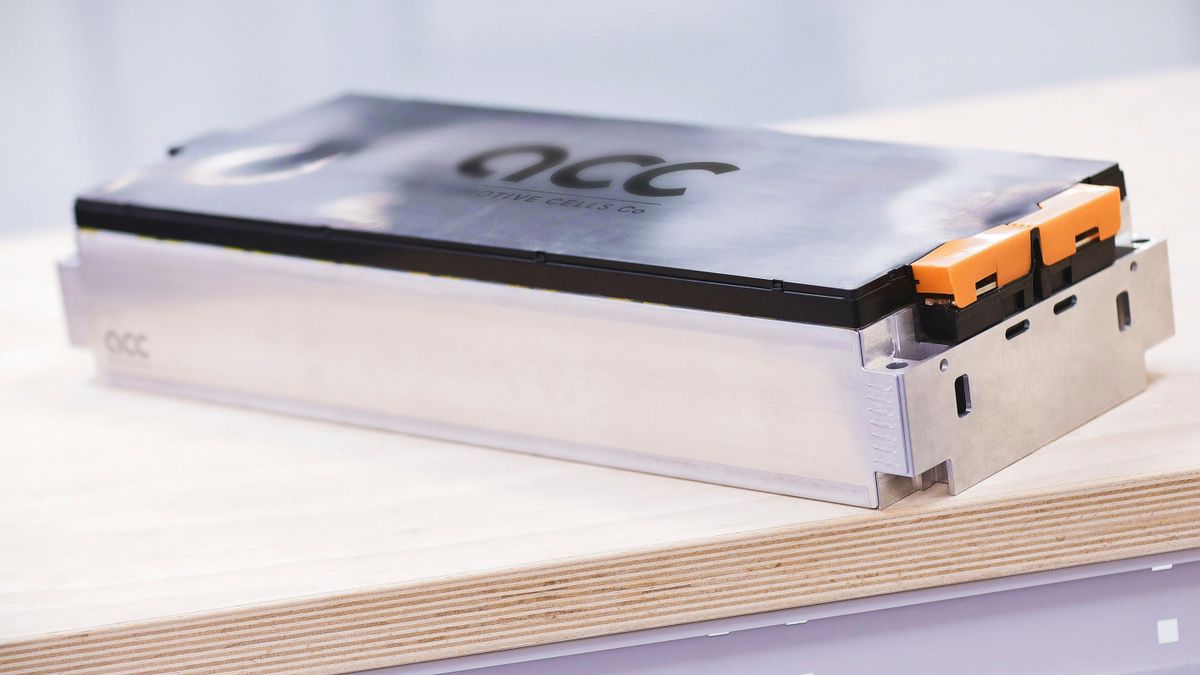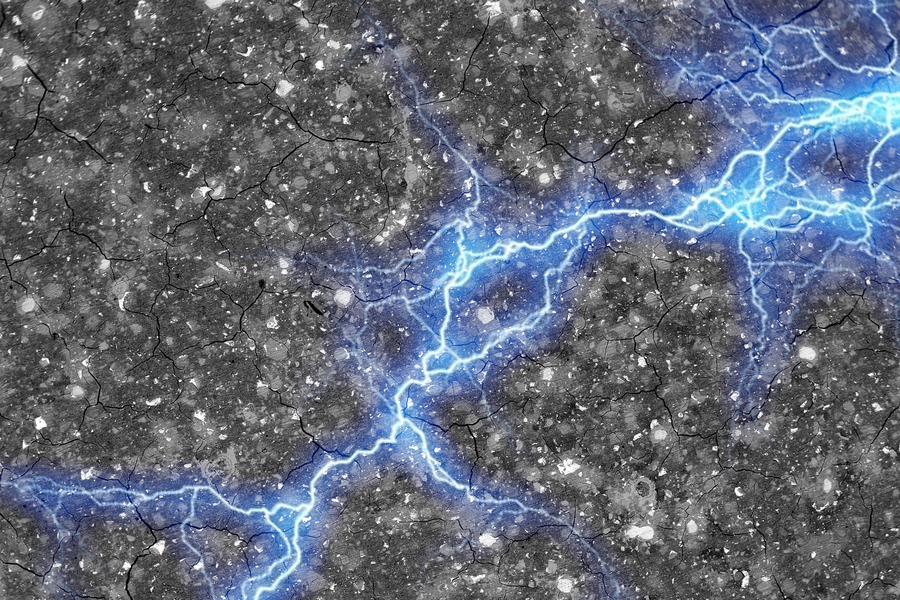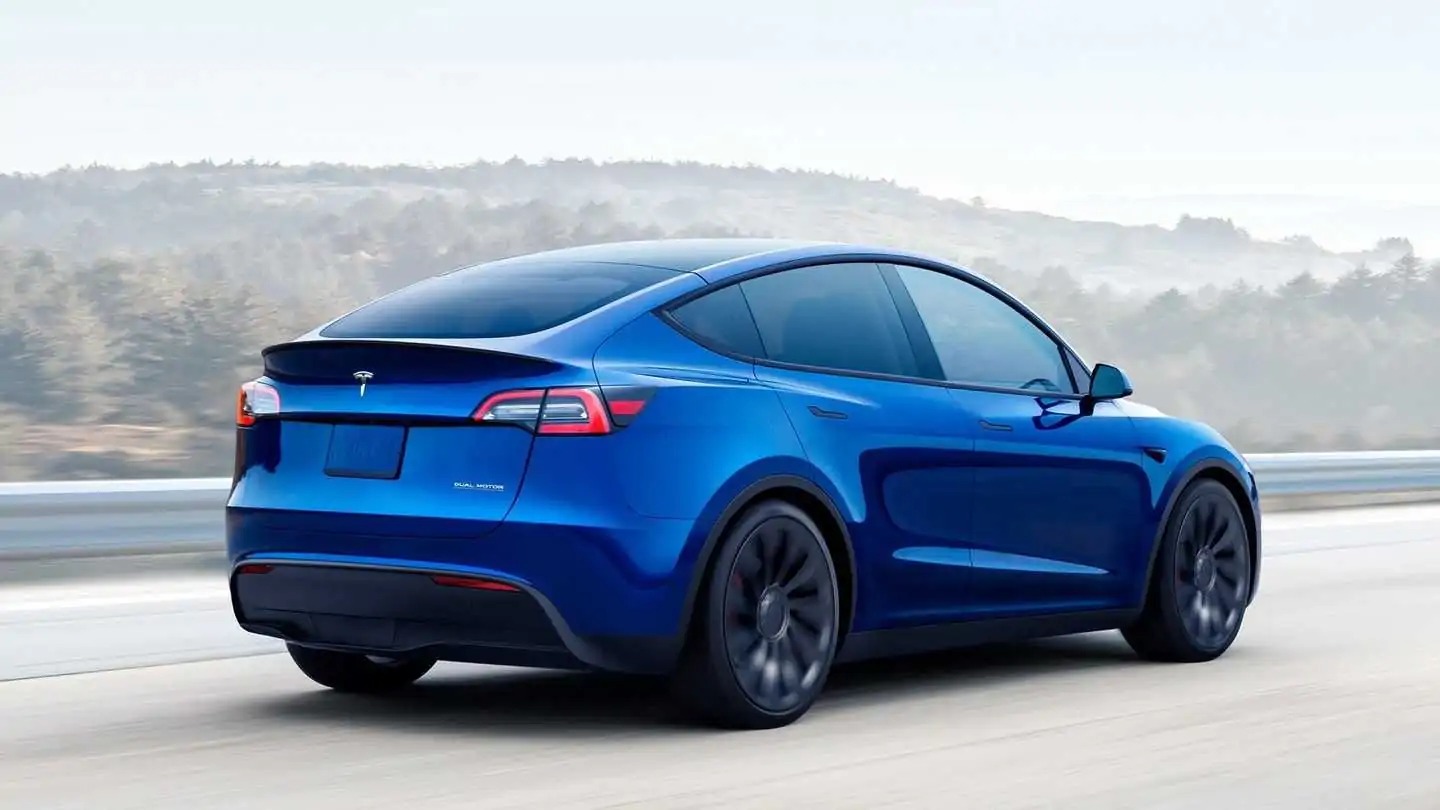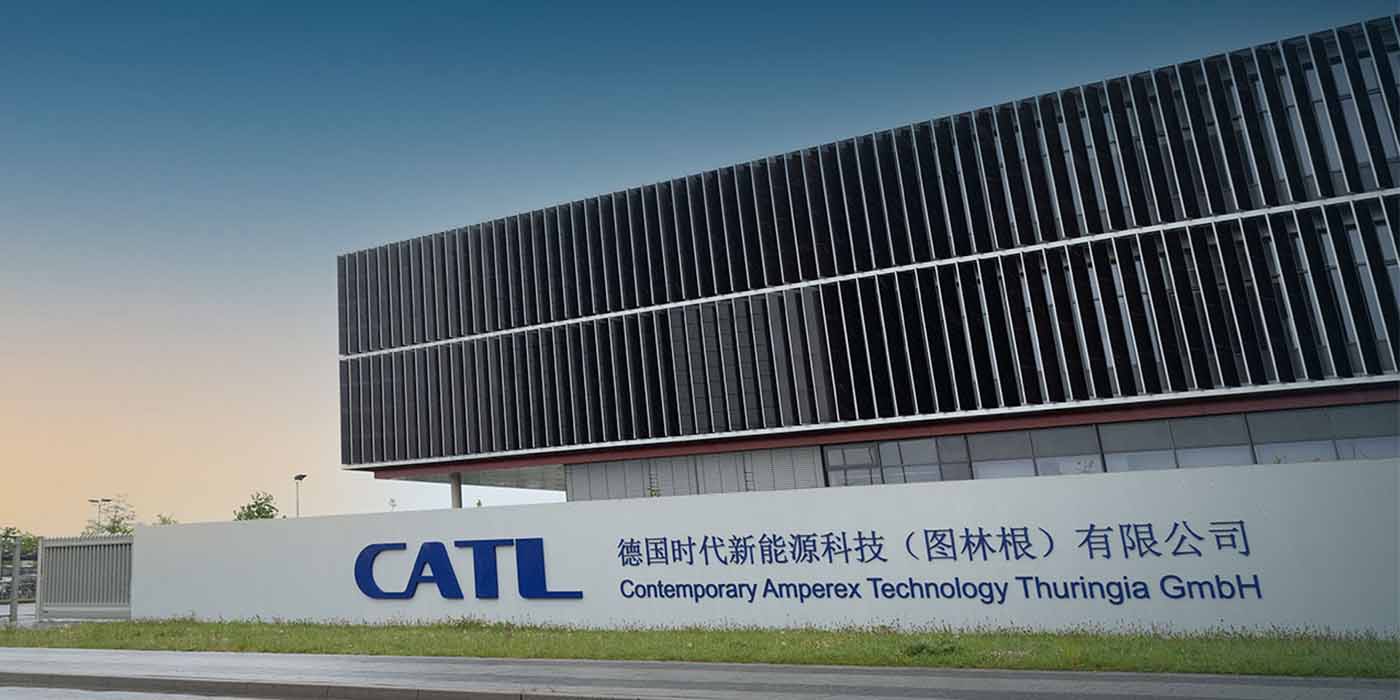As the United States aims to reduce China’s involvement in the Electric Vehicle (EV) supply chain, Chinese companies have taken a strategic step forward by announcing partnerships with Korean counterparts. These collaborations enable Chinese companies to ship batteries to the US and take advantage of generous tax breaks offered under the Inflation Reduction Act (IRA).
With a pre-existing free trade agreement between Korea and the US, batteries manufactured in South Korea and incorporated into EVs assembled in the United States qualify for tax breaks. While this measure was initially intended to reduce China’s hold on the battery supply chain, it has prompted some Chinese firms to establish battery plants in Korea through partnerships with Korean companies. According to Bloomberg, approximately $4 billion worth of investments have been announced for battery plants in Korea as a result of these alliances.
Ningbo Ronbay New Energy Technology Co. is among the companies taking this route. It recently revealed plans to produce 80,000 tons of ternary precursors in Korea at a new facility, emphasizing that Korea’s eligibility for US tax breaks was a decisive factor in its decision.
“The product produced by the company’s Korea base meets the relevant requirements for qualified key minerals in the IRA bill and can enjoy the benefit of tariff policies when exporting to European and US markets,” stated the Chinese firm.
China currently dominates several critical aspects of the EV supply chain, including lithium refining, cobalt sulfate refining, battery cell production, battery cathode, electrolyte, and battery separator manufacturing. Moreover, it supplies cathodes, anodes, and precursors to major Korean companies like LG Energy Solution, Samsung SDI, and SK On.
Recognizing the mutual dependence between China and South Korea, Lee Myung-kyu, an official from the Korea Battery Industry Association, remarked, “Korean cell makers feel it’s risky to import battery materials like cathodes and precursors from China due to the IRA. If those raw materials are all made in South Korea, that means Korea will have a more stable supply chain in the country.”
The US government is currently working on drafting rules to govern the content allowed from a “foreign entity of concern” like China. It retains the option to block Chinese-Korean joint ventures from receiving tax benefits at any time. In response, LG has indicated that it would buy out the joint venture it shares with China’s Huayou Cobalt if such a situation were to arise.
While battery research firm SNE Research Vice President James Oh believes the US cannot fully exclude Chinese firms from the EV supply chain, he argues that banning Korea-China partnerships would be detrimental to US EV manufacturing prospects.

